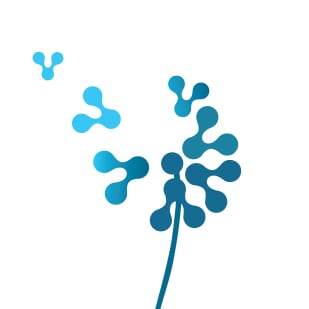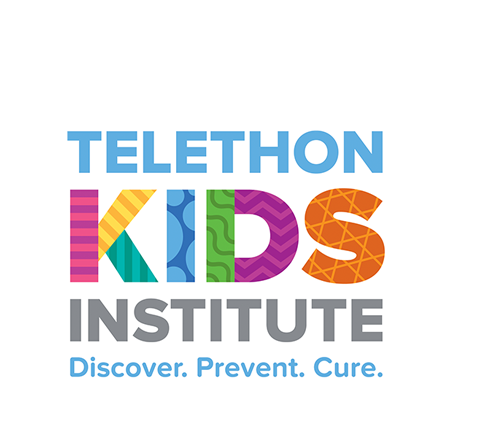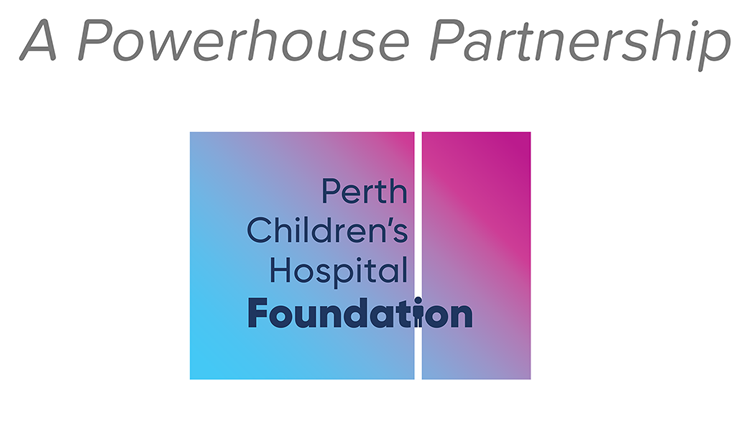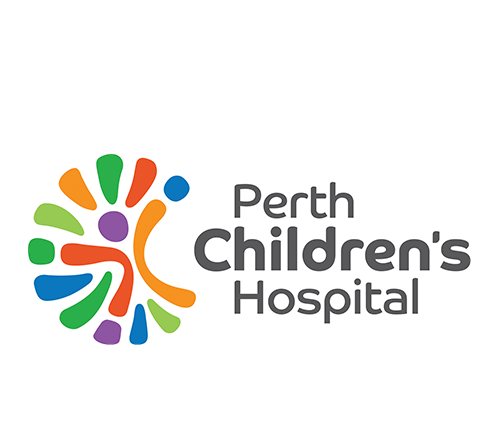Psychosocial characteristics and predictors of health-care use in families of young children with cystic fibrosis in Western Australia
Abstract
Objective: Early childhood psychosocial experiences determine future health and health-care use. Identifying psychosocial predictors in cystic fibrosis may inform intervention strategies that can reduce health-care utilization.
Design: The study was designed as a prospective cohort study.
Setting: The study was set in the only cystic fibrosis clinic in Western Australia.
Patients: The patients were children up to 6 years diagnosed with cystic fibrosis in Western Australia between 2005 and 2011.
Main outcome measures: Psychosocial data collected for each year of life were compared with Australian population data and analysed as predictors of annual hospital, emergency and outpatient visits.
Results: Compared with the Australian population, cystic fibrosis families demonstrated lower socio-economic status and labour supply (P < 0.001), increased residential mobility (P < 0.001) and trends towards increased rates of parental separation (P = 0.066). Marital discord and maternal and child psychological stress significantly predicted increased hospital admissions, emergency and outpatient visits.
Conclusions: Social gradients may exist for families of young children with cystic fibrosis in Western Australia with potential implications for child health. Family psychological and relationship stress predicted increased child cystic fibrosis-related health-care use.
Authors: Tonia Douglas, Jennifer Green, Judy Park, Lidija Turkovic, John Massie and Linda Shields.
Published in the Journal of Paediatrics and Child Health in January 2016.
Discover. Prevent. Cure.



